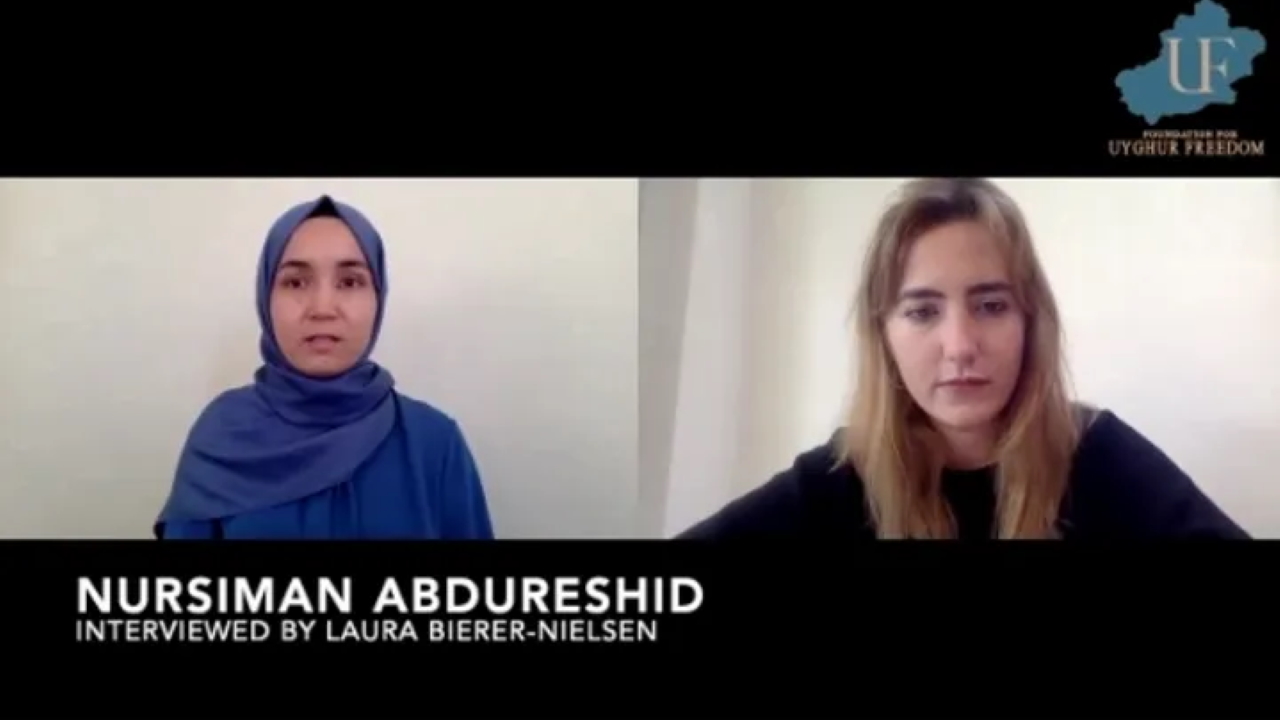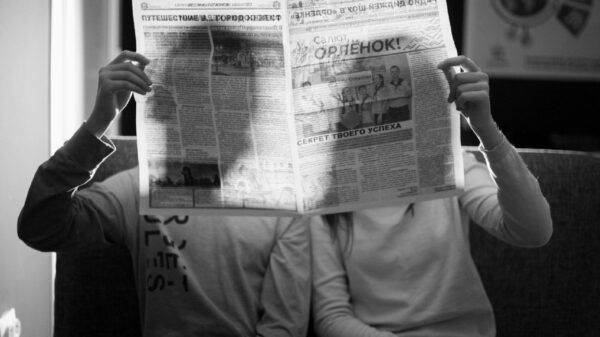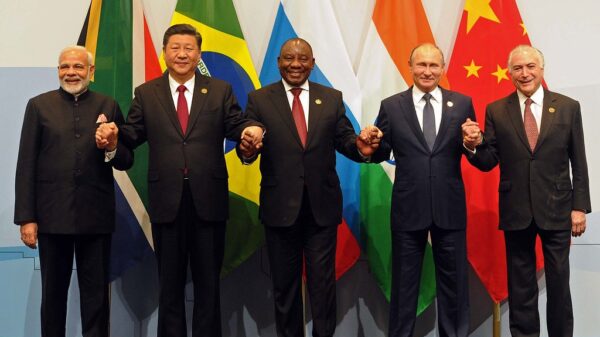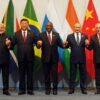Roar writer Dania Quadri comments of the Foundation for Uyghur Movement’s interview with Nursiman Abdureshid.
Since gaining the attention of international media, China’s “re-education camps” have shone a light on the persecution of Uyghurs in the country. In an interview with Foundation for Uyghur Movement director Laura Bierer-Nielsen, Nursiman Abdureshid, a Uyghur whose family was taken to one such camp, recalls: “Uyghurs are physically and mentally tortured… even killed… they have to learn the communist party ideology from day to night and sing the right songs before meals…”
Human Rights Watch estimates that there are over one million Uyghurs in these concentration camps, though some reports state the actual figure may be closer to 3 million. Leaked documents state that Uyghurs are detained for trivial matters such as “travelling, studying, learning Islamic knowledge, [or] for having a beard or wearing a headscarf”.
While Nursiman spoke, I was reminded of the enormity of the situation: I was seeing a single face behind all the numbers. This was real.
Nursiman’s Story
When Nursiman went to Turkey in 2015 to study was the first time she saw “[my] own flag”. Her voice still holds traces of surprise. Laura smiles at this, and so do I. It makes me think of how much I take knowing my history for granted. She believes the Chinese government blames the historical awareness Uyghurs acquire abroad for their anti-government demonstrations, but she clarifies: “Because of what the Chinese government is doing since 2017 … this has made us come out and speak… this is their fault”.
In Turkey, Nursiman used to speak to her parents almost every day. Then one day in 2017 she lost all contact with them, saying “I called my father’s phone, and it was invalid… all of a sudden… I called my mother’s phone, and she didn’t pick up”.
On June 15, 2020, she received a message from the Chinese Embassy in Turkey stating that her family had been imprisoned, her father’s sentence lasting for over 16 years. “I have no idea where brothers and mother are… whether they are healthy or not…”
Those not in Chinese concentration camps are subject to forced labour. Children are separated from their families and put into orphanage schools, while Uyghur women are forced to marry Chinese men. Speaking of all this, Nursiman says: “As a woman, I can never imagine marrying someone […] who I never loved… but that’s another story… It’s really heart-breakingâ€. At the heart of an attack against a persecuted community are the bodies of its women.
Growing up in China
Nursiman reveals how everything about Uyghur culture is minimised from a young age, implying it is insignificant. At her school, like all others in the region, Uyghur children are banned from speaking their language. What impact must this have on a child? To be told your own language must be kept tucked under your tongue? Pupils are only allowed to speak Han Chinese and are taught a government-approved version of regional history.
When she began attending university, Nursiman felt different for the first time. While she was mistaken as a foreigner in Shanghai and received compliments on her Chinese, back in Xinjiang Uyghurs were regularly stopped for identity checks and “made to feel small… to lose their confidence”.
Moreover, while working at a bank, she noted that while her peers graduated from the best Chinese universities, Uyghurs remained as cashiers despite working in the same company for 20 years. Meanwhile, younger Han Chinese colleagues with lesser qualifications were promoted after working there a single year. Feeling depressed, she decided to quit her job and eventually moved to study in Turkey.
Nursiman remembers seeing barely any Han Chinese people in her village growing up. In 2008, she saw that some Han Chinese people had bought a plot in her village. By 2010, about 100 families had relocated to her village. Several buildings have also popped up in Kashgar as part of the government’s plan to move more Chinese people into the region using incentives such as free furnished houses and a guaranteed education for children. In addition, random shops appeared, manned by Han Chinese people who serve as spies to the government. The same government policies that home Han Chinese people render Uyghurs homeless.
How do we move forward?
Nursiman describes economic sanctions as the best way to pressure China into closing the concentration camps and forced labour facilities, saying that “naming and shaming is not enough… economic sanctions is the most effective [sic]. China is the factory of the world”. She also reiterates the importance of individual actions: “When someone says they boycott Chinese goods I feel like my parents have a time to rest”.
6 million Jewish people were massacred in Nazi Germany, but if we remember this as a lesson for our future, we don’t show it. What does #neverforget mean when the Holocaust is so distant from you that you can’t act in support of those being put into concentration camps while we breathe? Leaked photos from Xinjiang have made for eerie comparisons between the Uyghur genocide and the Holocaust. It is no surprise that so many Jewish people have risen in solidarity with Uyghurs.
Laura told me that her own Jewish heritage motivated her to spread awareness and act against the Uyghur genocide. “If enough people had come together during the 1930s, perhaps so many of my family members would have been alive”.
Watch the full interview here.


















